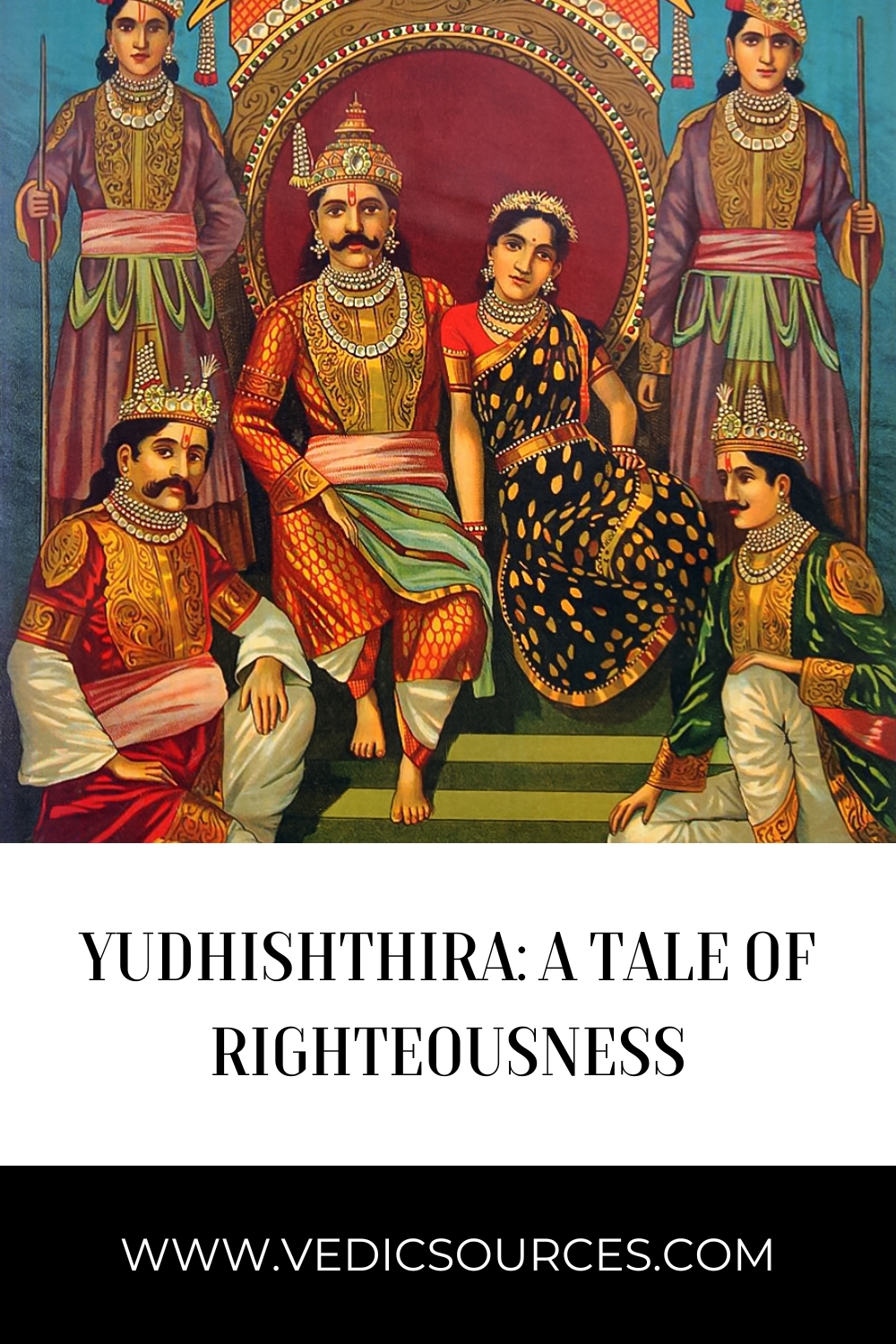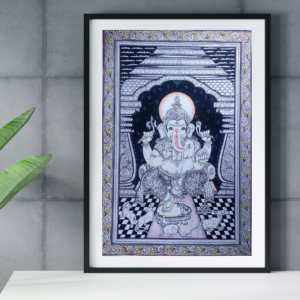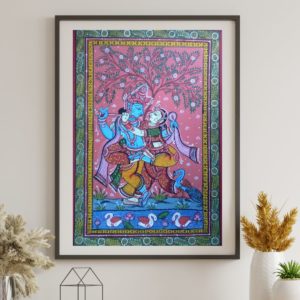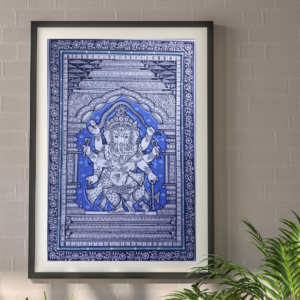Yudhishthira, the eldest of the Pandavas, is one of the most significant characters in the epic Indian mythological tale, the Mahabharata. Known for his unwavering adherence to righteousness and his deep sense of duty, Yudhishthira exemplifies the virtues of honor, integrity, and moral righteousness. His journey throughout the Mahabharata is one of trials, tribulations, and profound philosophical introspection.
Early Life and Virtuous Upbringing
Born to King Pandu and Queen Kunti, Yudhishthira was destined to play a pivotal role in the great Kurukshetra war, which pitted the Pandavas against their Kaurava cousins. Yudhishthira’s life was filled with challenges from the very beginning. He grew up in the forest, away from the luxuries of the palace, due to his father’s curse. Despite this, he remained devoted to his studies and imbibed the teachings of Dharma, the righteous path.
Yudhishthira: The Embodiment of Righteousness
Yudhishthira’s defining quality is his commitment to truth and righteousness. He was often referred to as “Dharmaraja,” the king of righteousness. He demonstrates his adherence to dharma, even in the face of adversity, through several instances. One such incident is the infamous game of dice, where Yudhishthira, bound by his word, ended up wagering and losing his kingdom, his brothers, and even his wife, Draupadi. Despite the unfairness of the situation, Yudhishthira’s unwavering commitment to truth prevailed. He accepted the consequences of his actions and embarked on a journey of exile.
Time of exile
During their exile, Yudhishthira encountered various trials and tribulations. In one such test, Yudhishthira’s profound wisdom and understanding of moral principles were put to the test through Yaksha’s questions. In this incident, Yudhishthira’s replies showcased his deep philosophical insight and moral clarity, earning him the revival of his brothers and their eventual victory.
The Contrast: Yudhishthira vs. Duryodhana
Yudhishthira’s character also embodies the complexities of human nature. He was renowned for his righteous conduct, yet he also possessed flaws. His fondness for gambling, which led to the aforementioned game of dice, is a notable example. However, even in his imperfections, Yudhishthira’s inner conflict and remorse remind him of the human capacity for growth, reflection, and redemption.
Throughout the epic, Yudhishthira often contrasts his morality and ethical dilemmas with his cousin, Duryodhana, who embodies greed, envy, and a lack of righteousness. Yudhishthira’s unwavering commitment to righteousness becomes a beacon of hope and inspiration, standing as a stark contrast to the moral degeneration of the Kauravas.
Kurukshetra War: Yudhishthira’s Inner Struggle and Divine Guidance
Yudhishthira’s ultimate test arrives in the form of the Kurukshetra war. Where he must lead his brothers and their allies against the Kauravas. In this conflict, Yudhishthira confronts the prospect of fighting his own relatives and loved ones. His internal struggle reflects the dilemmas faced by individuals torn between familial loyalty and the greater good. Yudhishthira seeks guidance from Lord Krishna. Whose teachings on duty, devotion, and detachment become instrumental in shaping Yudhishthira’s resolve to fulfill his righteous duty as a warrior and king.
Triumph and Reign: Yudhishthira as the Just King
Yudhishthira’s role in the war and his subsequent triumph over the Kauravas mark the culmination of his character arc. After emerging victorious, he becomes the king of Hastinapura and establishes a just and prosperous reign. He characterizes his rule by adhering to dharma. Showing compassion for his subjects, and pursuing righteousness.
Lessons from Yudhishthira’s Journey: Reflections on Righteousness and Morality
Yudhishthira’s story in the Mahabharata offers profound lessons and insights into the nature of righteousness and human morality. And the complexities of human existence. His unwavering commitment to truth and his internal conflicts serve as a moral compass for generations to come. Encouraging individuals to reflect on their actions, uphold righteous values, and strive for self-improvement.
Conclusion: Yudhishthira’s Enduring Legacy
In conclusion, Yudhishthira’s character in the Mahabharata stands as a symbol of righteousness, duty, and moral integrity. Trials, tests, and self-reflection filled his journey. Showcases the human capacity for growth, redemption, and the pursuit of righteousness. Yudhishthira’s story continues to inspire and resonate with people across cultures. Reminding us of the eternal struggle between right and wrong and the importance of upholding moral values in the face of adversity.

If you liked this post, check out some of our related posts too!
Exploring the Taurus Zodiac Sign















